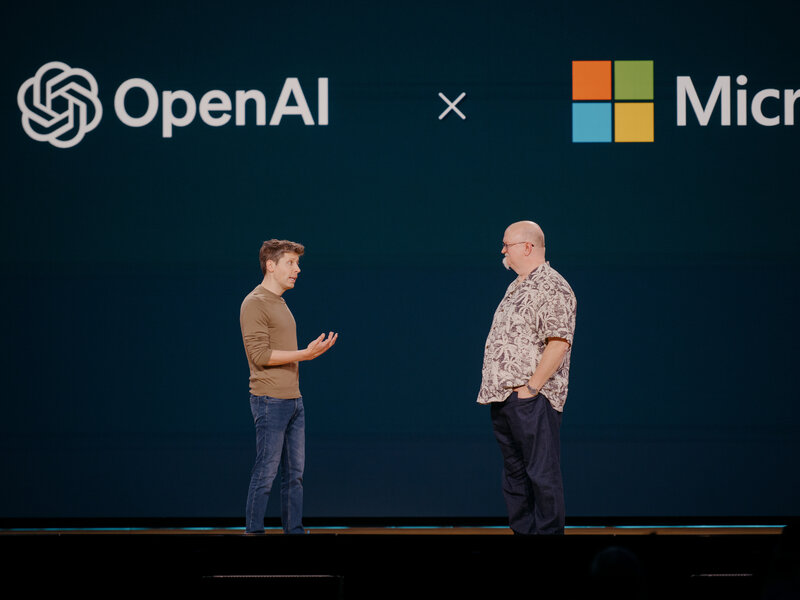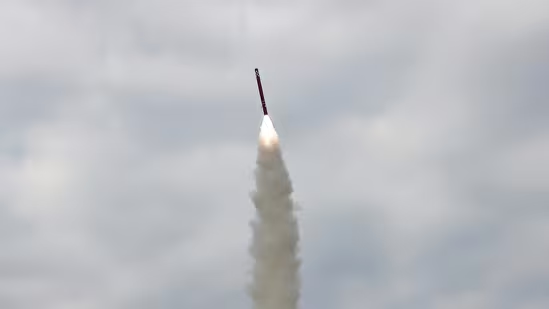Now Reading: Microsoft and OpenAI Redefine Partnership, Ending Contract That Strained Relations
-
01
Microsoft and OpenAI Redefine Partnership, Ending Contract That Strained Relations
Microsoft and OpenAI Redefine Partnership, Ending Contract That Strained Relations

Microsoft and OpenAI have reportedly restructured their partnership, removing a major contractual clause that had been a source of tension between the two companies. The move marks an effort to rebalance control and collaboration in one of the most closely watched alliances in the global tech industry.
The revised agreement comes after months of speculation about growing friction between the two firms. At the center of the dispute was a contract that gave Microsoft extensive access to OpenAI’s technology and infrastructure, raising questions about autonomy and competitive advantage. The new arrangement is expected to allow both sides to operate with more independence while continuing their strategic collaboration on artificial intelligence products.
For Microsoft, this realignment means retaining access to OpenAI’s advanced models for its products like Copilot, Office, and Azure, without overstepping into the startup’s governance. For OpenAI, it offers room to grow freely and explore new commercial partnerships without appearing overly reliant on a single corporate backer.
Industry analysts see this as a necessary reset — a shift from a power-heavy alliance to a more balanced partnership model. It also reflects the rapid evolution of the AI sector, where collaboration and competition often coexist.
In India’s emerging tech ecosystem, the development is being closely followed. It signals how global tech giants are recalibrating their relationships to maintain innovation while avoiding regulatory scrutiny or dominance concerns. For Indian startups working in AI, this change serves as a reminder of the importance of flexibility and independence in strategic partnerships.
The renewed Microsoft-OpenAI understanding may mark the start of a more transparent and pragmatic phase — one where both companies continue to push the boundaries of AI innovation, but on more even terms.

























